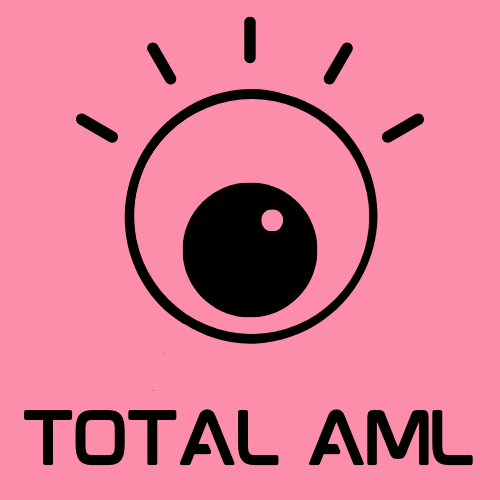Fraud, Drugs and Foreign Threats
The New Zealand Police Financial Intelligence Unit reviewed the suspicious activity reports (SAR) submitted by AML reporting entities between 01 January 2018 to 31 December 2023 (the Relevant Period) and the result of such study was published on 17 March, in the New Zealand National Risk Assessment 2024 (NRA).
The NRA identifies that fraud-related crime, drug crime and transnational money laundering currently expose New Zealand’s AML system to the highest threat. The banking sector remains highly vulnerable to money laundering along with any sector that offers services and products enabling the movement of proceeds out or into New Zealand (especially money remitters and virtual asset service providers). Said that, the NRA warns:
“Every sector needs to be vigilant and proactive when customers and their transactions are considered suspicious.”
The three higher-risk crimes and threats identified by the NRA are discussed below.
Fraud
The NRA identified an elevated risk of fraud, compared to the 2019 NRA, with fraud identified as the leading reason for SAR submission by all the sectors during the Relevant Period. The occurrence of fraud is accelerating, with both ‘defrauding’ and the subsequent ‘laundering’ occurring within the financial system.
The volume and value of fraud are increasing in New Zealand and in many parts of the world. Criminals have embraced technology and are reaching across borders to target their victims. In particular, some countries have emerged as global hotspots for fraud and scams targeting New Zealanders, these are Nigeria, China, India, Romania, and Russia. In particular, offshore criminals focus on low-value/high-volume fraud which helps them evade the prescribed transaction reporting thresholds.
Even though the NRA reports that the New Zealand Government experiences the highest rate of fraud in New Zealand (i.e., tax-related, Covid-19, and welfare-related fraud); private individuals are also at risk, with one in ten New Zealanders falling victim to fraud or scam. Individuals aged 26 to 45 reported significantly higher levels of all fraud to Police, compared to other age groups. However, older victims are observed to suffer a higher value of loss than younger victims.
Drugs
New Zealand experiences a significant demand for illicit drugs, with New Zealanders willing to pay some of the highest prices globally. Methamphetamine and cocaine are sold for some of the highest prices in the world which incentivises entry and participation in this market. Demand for methamphetamine, MDMA and cannabis is high and will likely remain high. Demand for cocaine is increasing. In summary, profit from drug crime is conservatively estimated to be in the range of $500M - $600M annually.
Consequently, New Zealand remains a marketplace of choice for foreign transnational organised crime groups, along with domestic criminal enterprises. Organised crime groups and gangs are deeply entrenched in the New Zealand drug distribution networks, operating extensively to supply drugs throughout local communities. These networks consist of importers, manufacturers, wholesale distributors, and retail dealers, all of whom are integral to the supply chain. This type of crime is predominantly cash-intensive, and a substantial portion of the revenue generated is often remitted offshore, facilitating the importation of illicit substances that circulate in communities across New Zealand.
Foreign predicate crimes
Offshore-generated proceeds are being introduced into the New Zealand economy through low-volume, high-value money laundering activities. It is well-recognised that the cross-border movement of criminal proceeds offers a certain degree of protection, allowing criminals to exploit the challenges that countries face when investigating illicit wealth across borders. New Zealand must position itself as a nation with robust anti-money laundering systems that are capable of detecting, investigating, and confiscating foreign-generated illicit wealth as it enters the economy. This proactive approach will ensure that New Zealand remains vigilant and committed to disrupting the flow of illicit financial activities.
What’s Next
Your Supervisor would expect you to review the NRA and reassess your company’s risks in light of the newly identified vulnerabilities and red flags. Following this, it’s important to evaluate how the updated risk assessment impacts your mitigation strategies.
Reach out to us for a free consultation to discuss how we can assist you in navigating these updated risks
